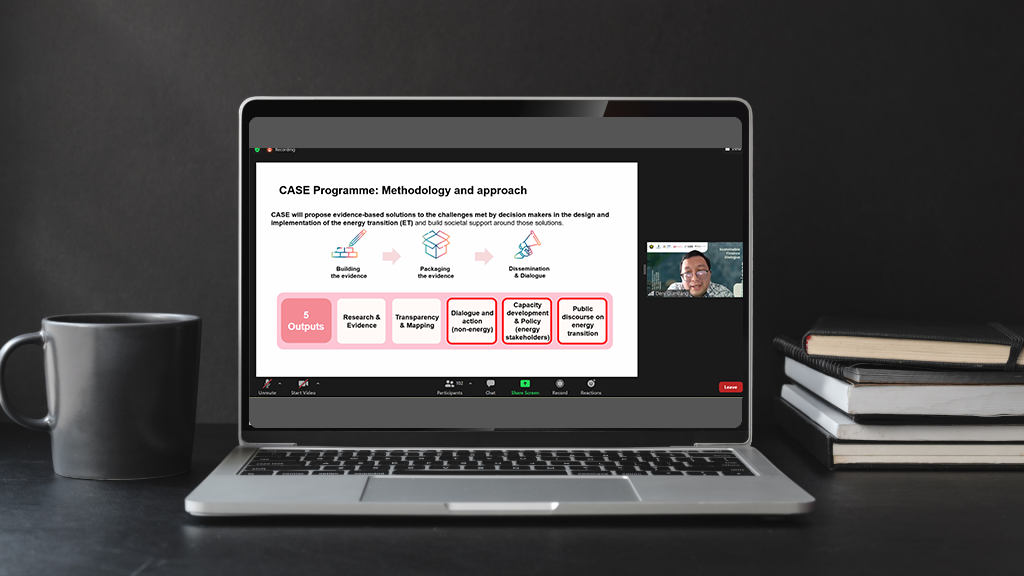Jakarta, 24 November 2021 - The transition to clean energy is a necessity. The development of clean energy technology makes the price of electricity from clean energy become more and more competitive with fossil energy which is still widely found in energy systems. Citing the 2021 Climate Transparency report, Indonesia's energy system until 2021 is…

